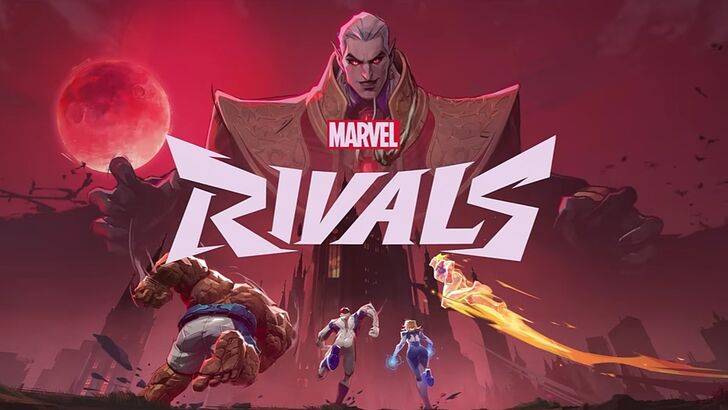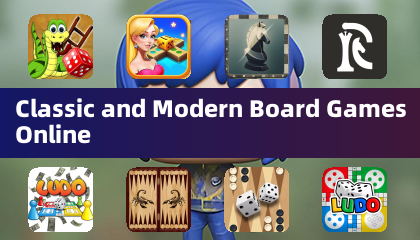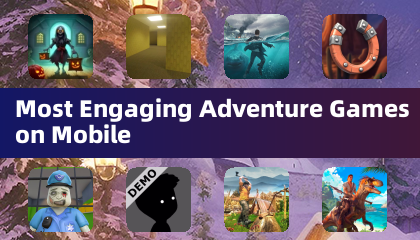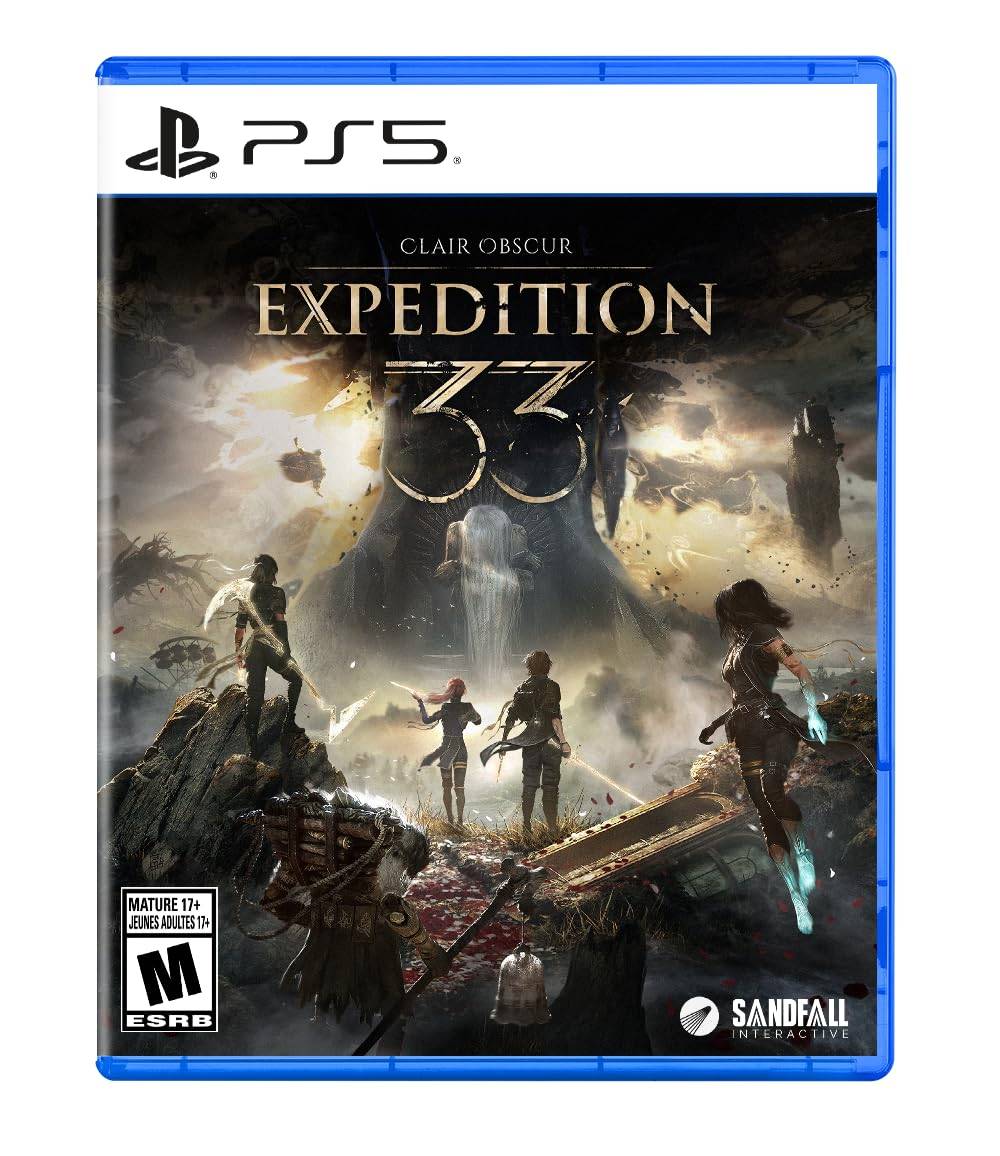Xbox Game Pass: A Double-Edged Sword for Game Developers
Xbox Game Pass, while offering gamers a compelling value proposition with its vast library of games for a single monthly fee, presents a complex challenge for game developers and publishers. Industry experts suggest that the service can significantly impact premium game sales, potentially leading to losses of up to 80%. This raises concerns about the financial viability of releasing titles on the platform.
Despite Xbox's acknowledgment of Game Pass's potential to cannibalize sales, the service remains a key component of their strategy, particularly given their lagging console sales compared to competitors like PlayStation and Nintendo. The success of the Nintendo Switch, even surpassing the PS2 in US sales, highlights the competitive landscape.
Gaming business journalist Christopher Dring, commenting on the impact of Game Pass, highlighted the significant potential for lost revenue. He points to the example of Hellblade 2, which, despite strong Game Pass engagement, didn't achieve the projected sales figures. This suggests that while Game Pass exposure can boost overall player numbers, it may not translate directly into premium sales.
However, the picture isn't entirely bleak. Dring also notes that Game Pass can positively influence sales on other platforms. A game's popularity on Game Pass might drive additional sales on platforms like PlayStation, as players who enjoyed the game on the subscription service may choose to purchase it for other consoles. This suggests a potential for cross-platform synergy.
The impact of Game Pass remains a subject of ongoing debate. While Microsoft openly admits its sales-cannibalizing effect, the service's growth has recently plateaued. Yet, the launch of Call of Duty: Black Ops 6 on Game Pass resulted in a record number of new subscribers, offering a potential solution to the growth challenges. The long-term effects of this, however, remain uncertain.
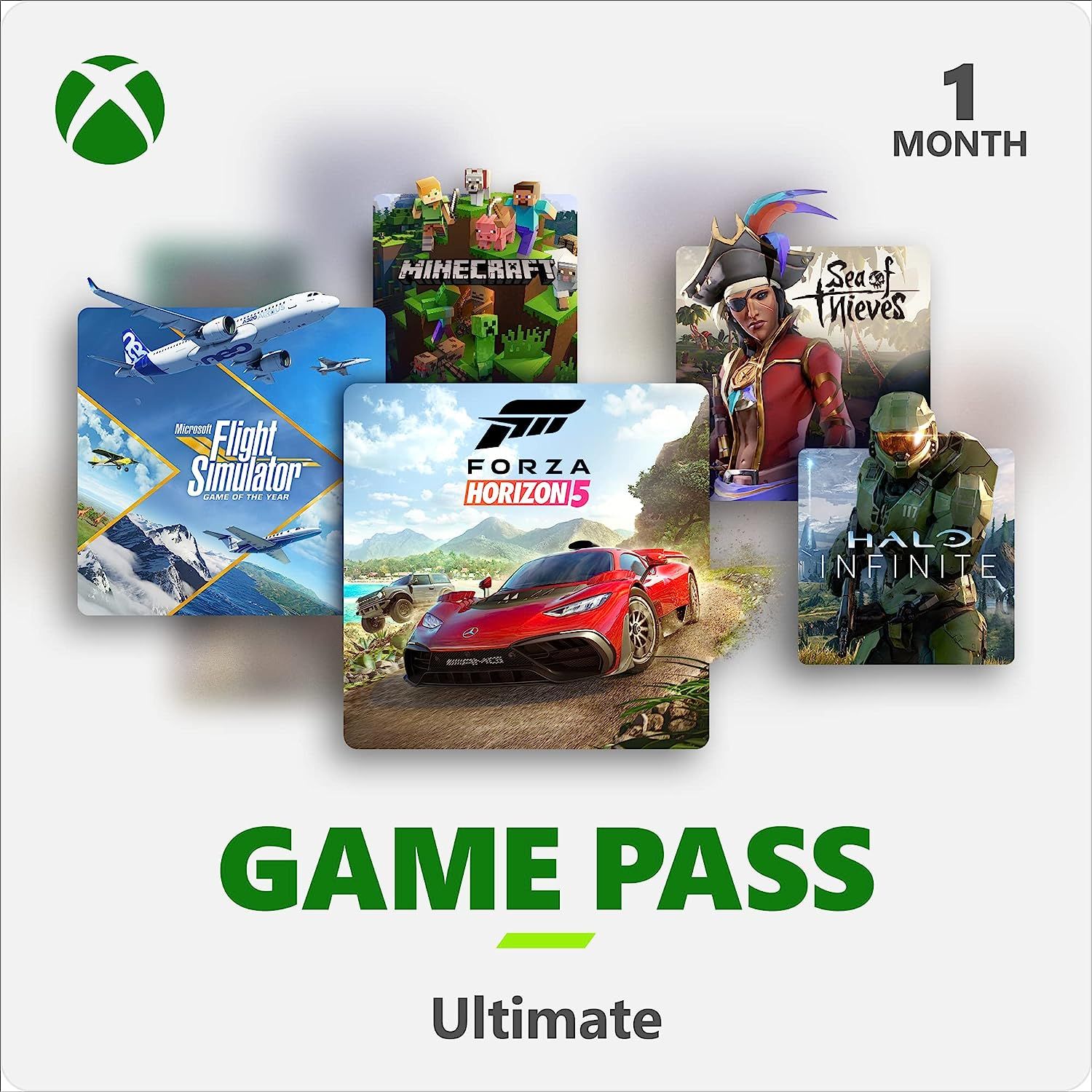 $42 at Amazon $17 at Xbox
$42 at Amazon $17 at Xbox

